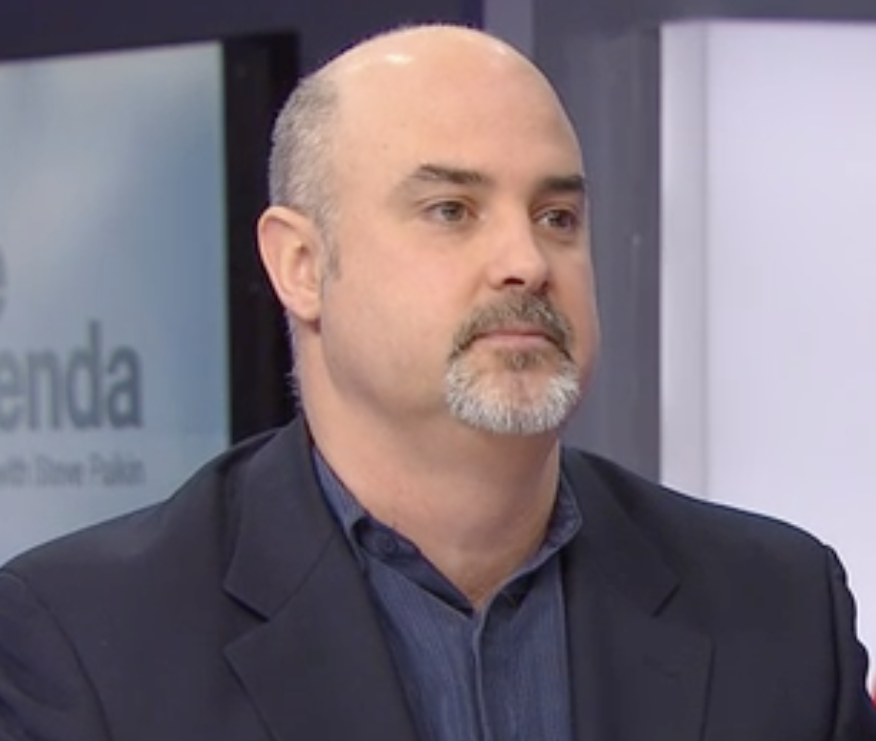
Prof. Patrick Barclay, Department of Psychology, appeared on TVO’s The Agenda with Steve Paikin Tuesday evening in a panel discussion on generosity.
The panel discussed why charitable giving is sometimes harder for some than others. Barclay, an evolutionary psychologist, explained that it’s in our genetic code to show empathy rather than be vicious. But he said in some environments, it pays to be competitive and self-serving.
He said if the world is becoming more competitive and inequality is increasing, fewer people can afford to show empathy and generosity.
A study Barclay published last year in Psychological Science found generosity isn’t always welcomed, and that highly cooperative and generous people can attract hatred and social punishment, especially in competitive workplaces and other settings.
He said most people recognize social benefits of being generous, which is why we often help others simply because we want to.
Barclay’s research combines evolutionary biology, animal behaviour, social psychology, mathematical game theory and experimental economics to study cooperation, altruism, reputation, punishment, friendship, partner choice, trust, biological markets, costly signalling and risk-taking.
It’s the season of giving, but what makes some people more generous than others, even if they have less to give? Anthony Skelton (@HenrySidgwick, @rotmanphilo), @Termarques (@RideauHallFdn), Pat Barclay (@uofg) & @spaikin explore the science of generosity. https://t.co/3xWUcAVCjl pic.twitter.com/VxTTM9Mm6f
— The Agenda | TVO (@TheAgenda) December 18, 2019